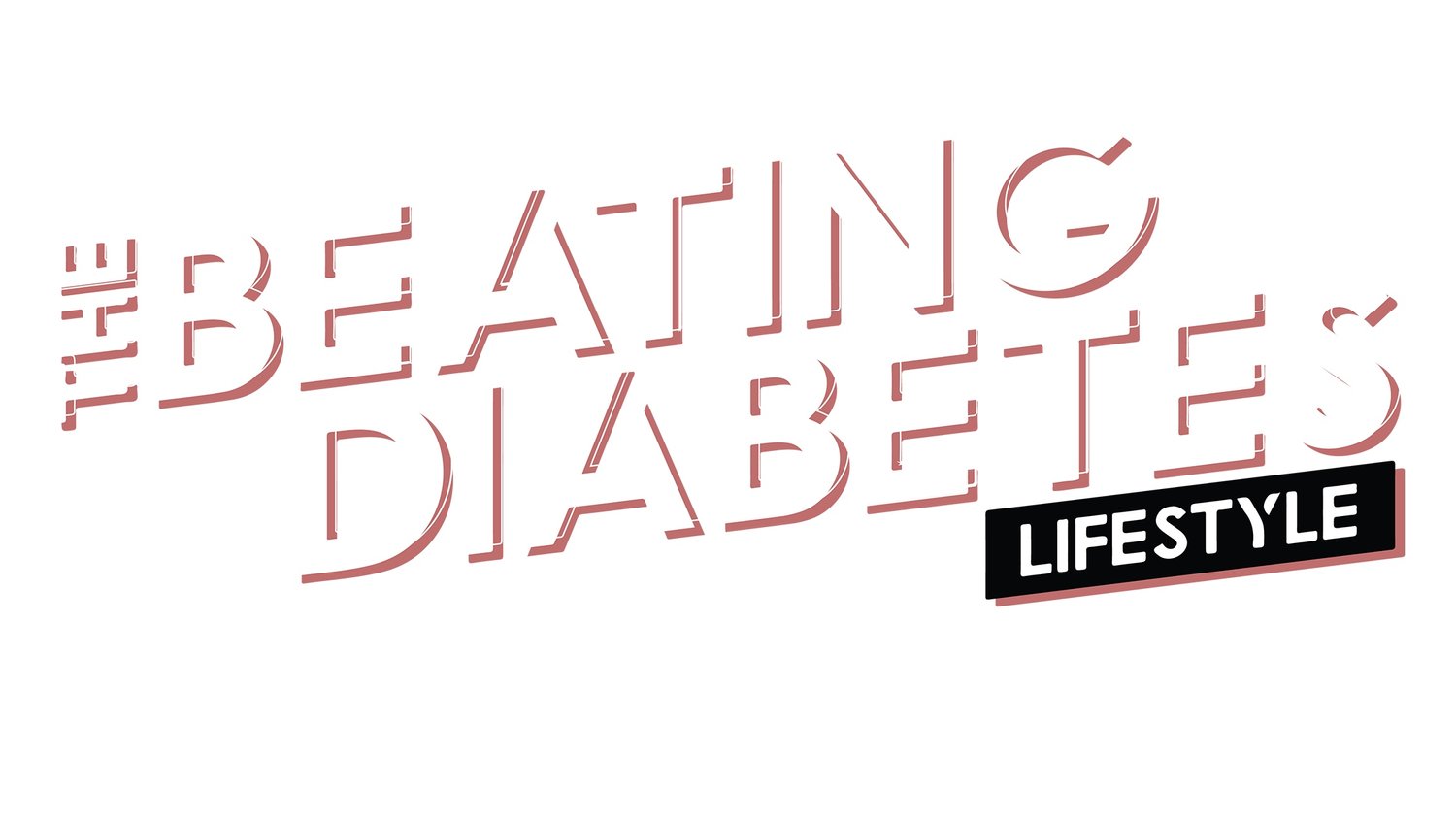The Mediterranean Diet: A Sustainable Lifestyle for Losing Weight and Reversing Type 2 Diabetes
Back in 2018, when I was first diagnosed with prediabetes, my doctor’s office sent me home with a one-page document that had “Mediterranean Diet” written at the top. That sheet included a list of foods to eat and ones to avoid. I was told that I needed to lose weight in order to prevent my condition from getting worse. Apparently, this Mediterranean diet I had just learned about was the key.
Around this time, I was roughly 268 pounds, dealing with high blood pressure, and Hyperlipidemia (basically high cholesterol and high triglycerides). I was at risk of a heart attack or stroke.
I didn’t like how I looked in the mirror, and I didn’t like how I was feeling. Something was “off” and I knew it.
Leaving my doctor’s office, I decided that I would give this Mediterranean diet thing a try. I tried some of the food suggestions on the sheet my doctor gave me. I even started exercising; walking and going to the gym occasionally. Sometimes, I even cut back on pasta, bread and rice.
Unfortunately, I wasn’t 100% committed to actually turning my health around. My attitude was, “Well, at least I don’t have full blown Type 2 diabetes. I’ll figure it out somehow.”
Fast-forward to August 2020. I found myself still overweight, and still dealing with high blood pressure and high cholesterol. The only difference, though, is now I had indeed developed Type 2 diabetes, which I learned about while in the hospital.
I was sick and felt like I was dying.
I Should Have Listened Early On
I became obese in a short period of time leading up to 2018. In fact, between 2015 and 2018, my health was quietly declining. Taco Tuesdays and Pizza Thursdays, and eating fast food two to three times a day contributed to my poor health.
Looking back years later, now that I’ve lost over 80 pounds, having reversed Type 2 diabetes, I wish I had followed my doctor’s orders back in 2018. I should have listened.
Knowing what I know now about nutrition and overall health, I am convinced that I could have prevented myself from developing Type 2 diabetes, and prediabetes beforehand for that matter. My lifestyle at the time of regularly eating fried foods, over-processed meats, consuming high sugary drinks and foods, not drinking enough water, and not exercising consistently, caused my health to spiral out of control.
Why Consider a Mediterranean Lifestytle Diet?
Regaining control of our health throught nutrition is critical. But there are lots of diet trends that have surfaced over the years, and leaves many people confused as to where to begin. Die-hard advocates for each diet plan swear up and down that their method is the best solution.
Well, for me, all I can say is that the Mediterranean diet worked for me, and is a sustainable lifestyle for so many. Researchers have conducted numerous studies on this ancient way of eating, and have concluded that it is a viable option. It’s simple to incorporate. I’m all about simple solutions that anyone can follow and achieve results.
So, here are some overall benefits to consider as you contemplate adopting the Mediterranean lifestyle diet.
Promotes heart health
Slows the progression of plaque buildup in your arteries, minimizing your risk for heart disease
Helps to lower blood pressure. High blood pressure can lead to heart attacks and strokes.
Supports healthy blood sugar levels
It helps stabilize blood glucose and protect against Type 2 diabetes
Reduces fasting blood sugar levels, and improves A1C
Shown to decrease insulin resistance, which is a condition that impairs the body's ability to use insulin to regular blood sugar levels
Protects brain function
Helps combat memory fog, memory loss, and cognitive decline
Can lower the risk of dementia and Alzheimer’s disease
How to get started with following the Mediterranean diet and lifestyle
Getting started with any new program, especially a diet, starts with a firm commitment to changing. Without a firm commitment, it is almost certain that you will have a tough time reaching your goals.
Commit to eating healthier.
So for the sake of knowing what to do to kick start incorporating the Mediterranean diet, below are a few very important things to consider.
Focus on protein, fats and carbohydrates.
What to eat:
Eat vegetables, fruits, nuts, seeds, legumes, potatoes, whole grains, herbs, spices, fish, seafood, and extra virgin olive oil.
What to eat in moderation with limits:
Eat poultry, eggs, cheese, and yogurt in moderation.
What to eat rarely:
Reduce or limit the consumption of red meat, sugar-sweetened beverages, added sugars, processed meat, refined grains, refined oils, and other highly processed foods.
Incorporating more fruits and vegetables into your meals and snacks throughout the day is a great way to get started on the Mediterranean diet. Try adding a side salad or steamed veggie dishes to your main meals, and enjoy a fresh piece of fruit for dessert.
Healthy snacks are also recommended. Here are a few examples:
mixed nuts
a piece of whole fruit
baby carrots with hummus
mixed berries
grapes
Greek yogurt
hard-boiled egg
apple slices with almond butter
sliced bell peppers with guacamole
cottage cheese with fresh fruit
chia pudding
Conclusion
There is no one specific Mediterranean diet that fits everyone. However, it is a pattern of eating and living that I’ve implemented and have experienced results.
I didn’t have to stop enjoying eating food. I simply made a firm decision to eat foods that promote good health; and the Mediterranean style of eating made a difference in my life.
Join our Facebook Community Group called The Beating Diabestes Lifestyle Community. I would like you to connect with others in this growing community of folks, like you, who want to live healthy. Click here to learn more.
©2022 Oscar Camejo - The Beating Diabetes Lifestyle




